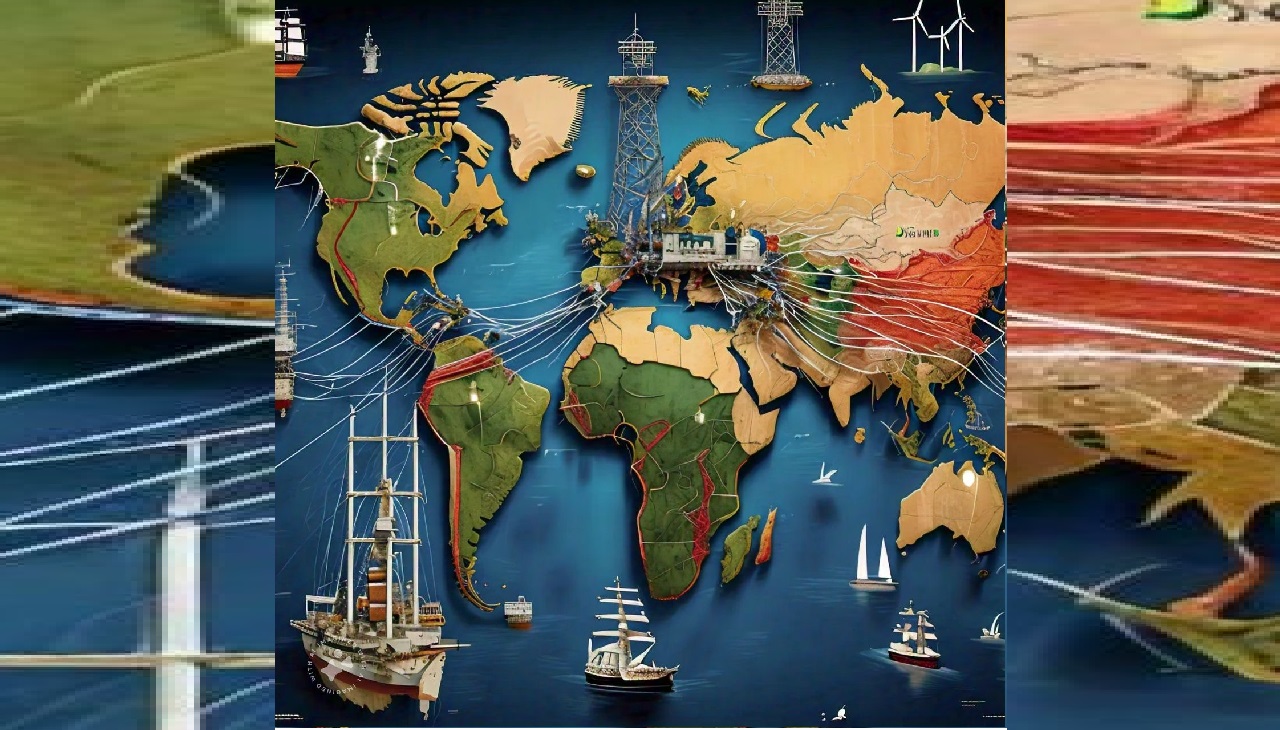
U.S. to consolidate its position as energy leader thanks to LNG
The country, together with Qatar, will be responsible for increasing 50% of the world's supply of this fuel. New infrastructure will be crucial to the goal.
The United States is called to consolidate its leadership in energy markets, mainly as an international gas supplier. Alongside Qatar, primarily, they will increase the product supply by more or less 50% in the next years. It was one of the most important insights of the World Energy Outlook 2024 released today by the International Energy Agency (IEA).
According to Fatih Birol, executive director of IEA, “We are expecting a huge amount of new LNG wave is going to hit the market 2026 and Beyond and amount of new LNG mainly coming from Qatar and the United States will be about 50%, half of the LNG capacity we have today.”
The 2024 WEO is focusing on several issues like security, emerging energies, and traditional energies.
According Birol, “The geopolitical development in The Middle East is very varying for humanitarian reasons and also we have serious concerns from energy security point of view, because a lot of oil and gas is produced in the very region and about 20% of the global oil supply and again about 20% of the LNG Supply goes through the strait of Hormuz. As such it is a major concern. We are monitoring the situation day by day.”
The emerging energies
More than half of the world's electricity will be generated by low-emission sources before 2030 but the deployment of clean energy is "far from uniform" across the globe, the International Energy Agency said. Demand for oil, gas and coal is still projected to peak by the end of the decade.
"In energy history, we've witnessed the Age of Coal and the Age of Oil," said Birol.
"We're now moving at speed into the Age of Electricity, which will define the global energy system going forward and increasingly be based on clean sources of electricity," he said.
The report said clean energy "is entering the energy system at an unprecedented rate" with 560 gigawatts (GW) of renewables capacity added in 2023.
Almost $2 trillion in investments are flowing into clean energy projects each year, nearly double the amount spent on fossil fuel supplies, according to the Paris-based agency.
"Together with nuclear power, which is the subject of renewed interest in many countries, low-emissions sources are set to generate more than half of the world's electricity before 2030," it said.

'Growing momentum'
But the IEA noted that the deployment of clean energy "is far from uniform across technologies and countries".
The growing thirst for electricity is driven by industry, electric vehicles, air conditioning and data centres linked to the surge of artificial intelligence.
Despite the "growing momentum behind clean energy transitions", the IEA said the world was "still a long way from a trajectory aligned" with its goal of becoming carbon neutral by 2050.
The net-zero emissions target is crucial to meet the Paris Agreement goal of limiting global warming to 1.5 degrees Celsius from pre-industrial levels.
The IEA report comes a month before Azerbaijan hosts the UN's annual climate conference, COP29, in Baku, from November 11 to November 22.
At COP28 in Dubai last year, nations pledged to triple renewable energy capacity by 2030. They also vowed to transition away from fossil fuels.
The IEA said renewable power generation capacity is set to rise from 4,250 GW today to nearly 10,000 GW in 2030 as costs for most clean technologies are falling.
While it falls short of the COP28 tripling target, it is "more than enough" to cover the growth in global electricity demand and "push coal-fired generation into decline".
China accounted for 60 percent of the new renewable capacity added in the world last year.
RELATED CONTENT
By the early 2030s, the country's solar power generation will exceed the total electricity demand of the United States today, the report found.
In many developing countries, however, "policy uncertainty and a high cost of capital are holding back clean energy projects".
'Insatiable' demand
Global carbon dioxide emissions are set to peak "imminently" but today's policies still leave the world on a path towards having a rise of 2.4C in average temperatures by 2100, the IEA warned.
"2024 showed that electricity demand is insatiable," said Dave Jones, global insights programme director at Ember, an energy think tank.
"That means global coal generation would fall less quickly than previously expected. This means the world is not yet transitioning away from fossil fuels and reducing CO2 emissions in the energy sector," he added.
Despite a record deployment of clean energy, two-thirds of the increase in global energy demand was met by fossil fuels last year, the IEA said.
"We will still need oil (for) many years to come," Birol said at a press conference.
While demand is expected to plateau before 2030, "it doesn't mean that it will decline immediately", he said.
"But we see a peak and the weakening of the global oil demand growth," added Birol, who said the prospect of more ample supplies of fossil fuels would ease pressure on prices.
With information of © Agence France-Presse By Nathalie ALONSO



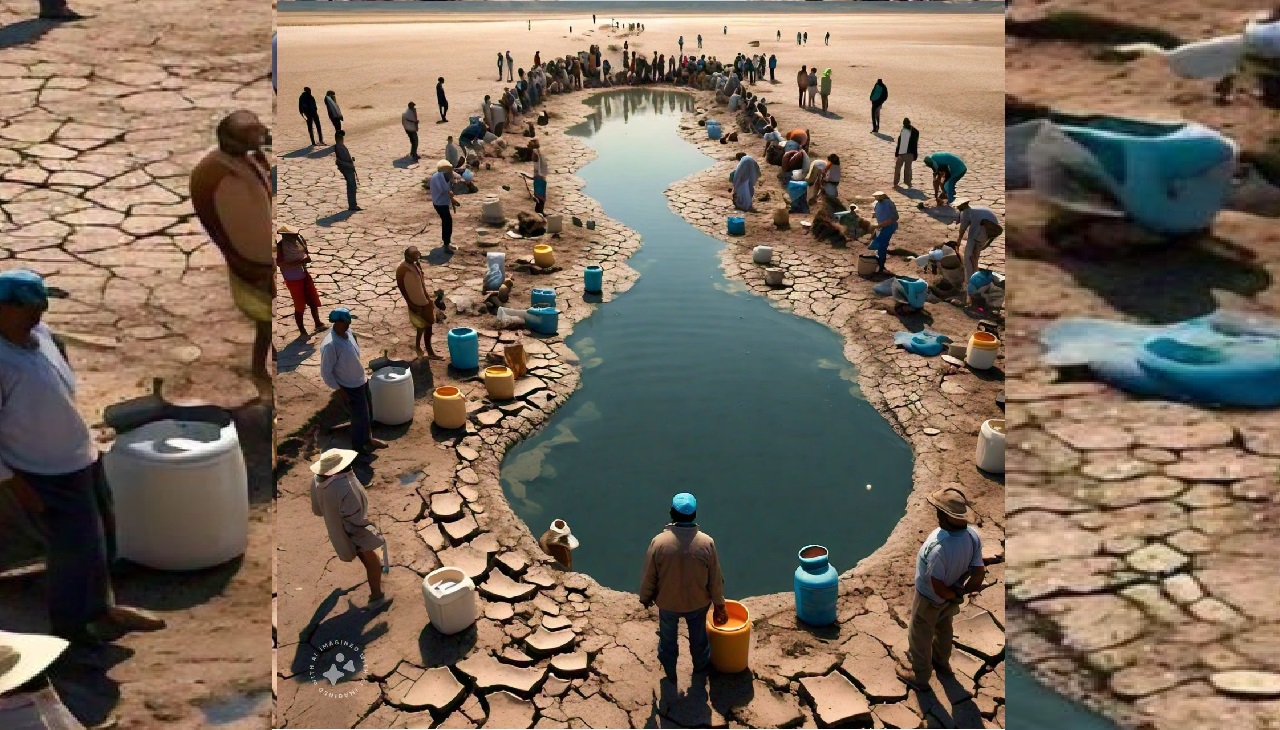

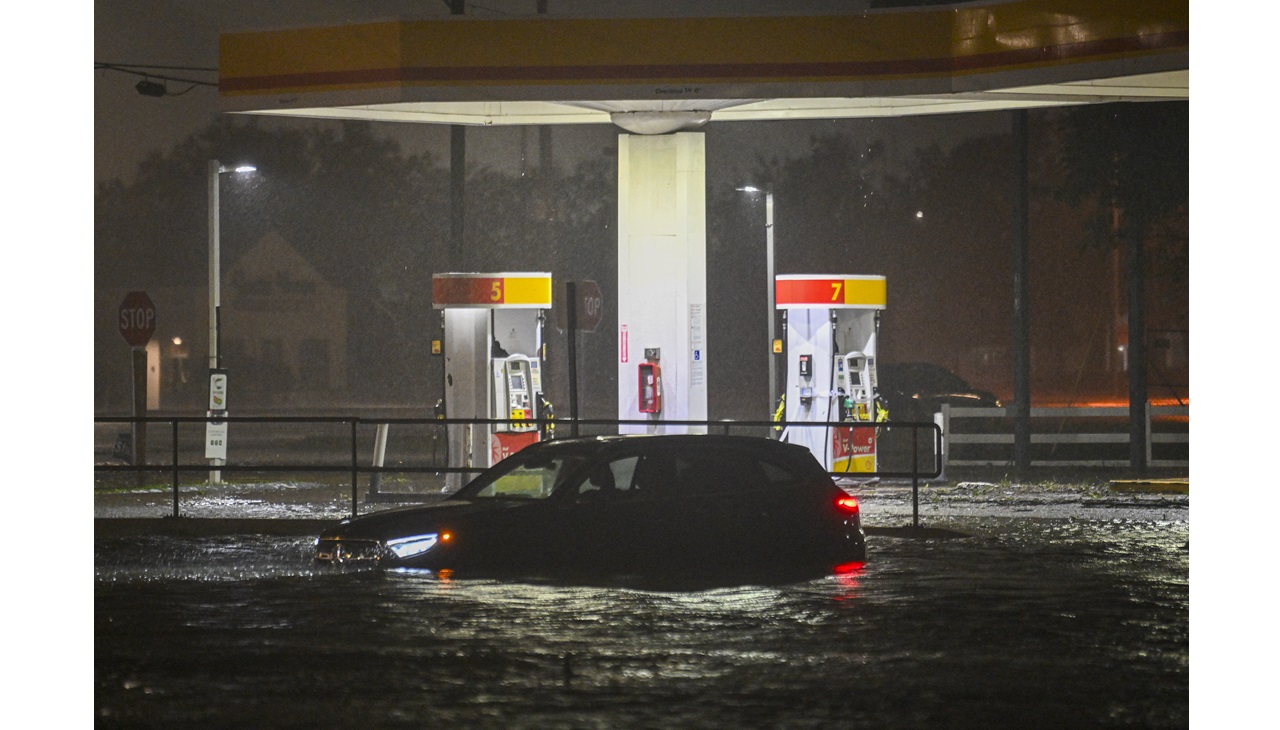
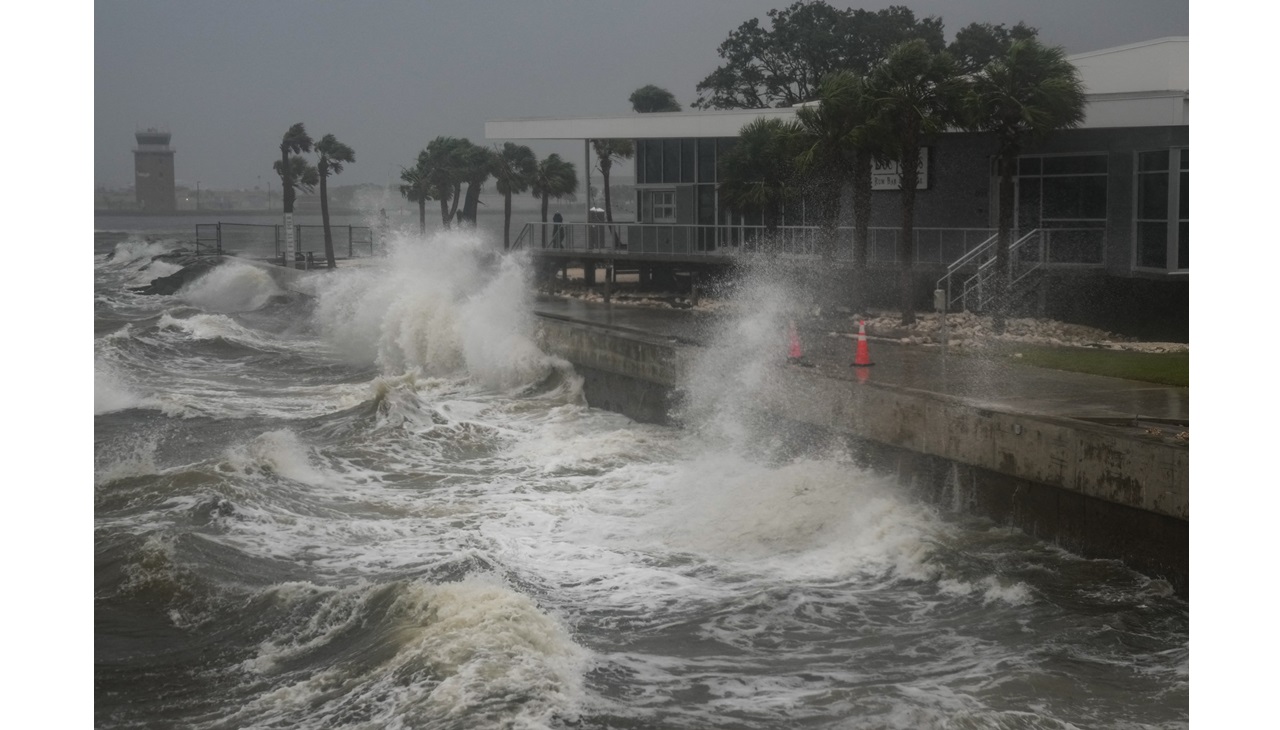

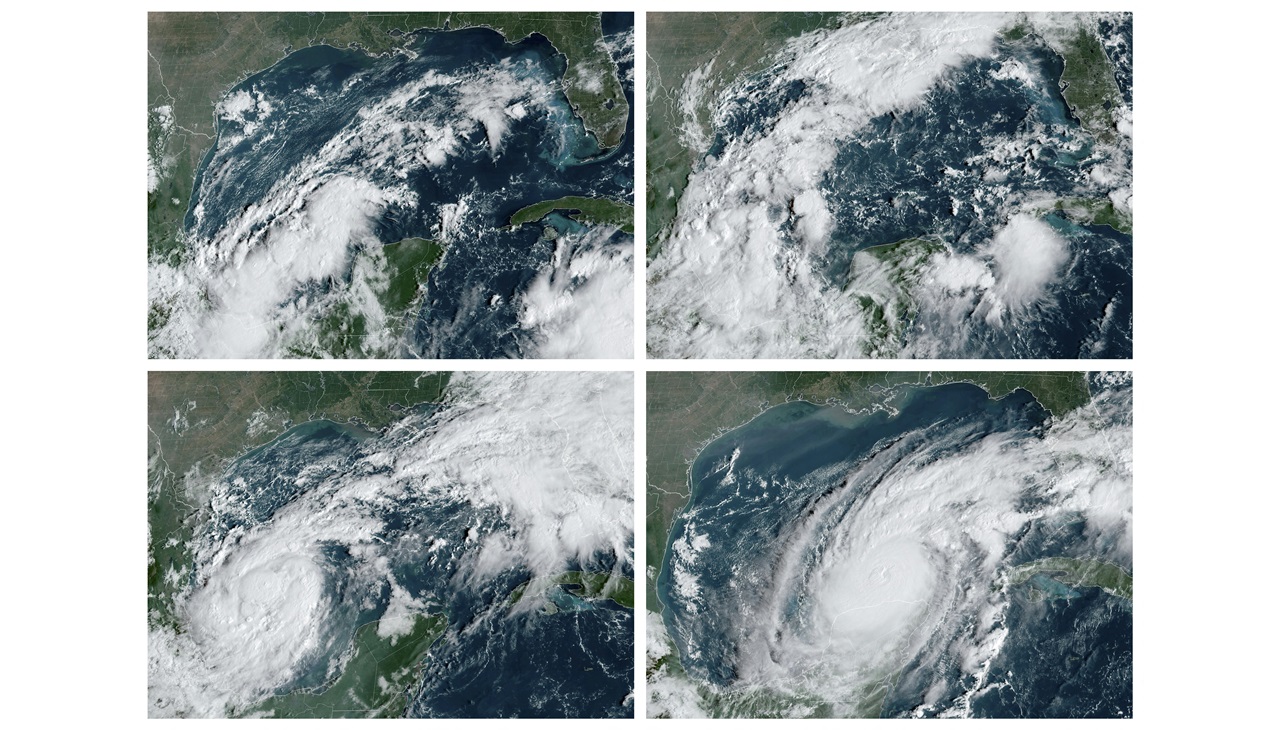
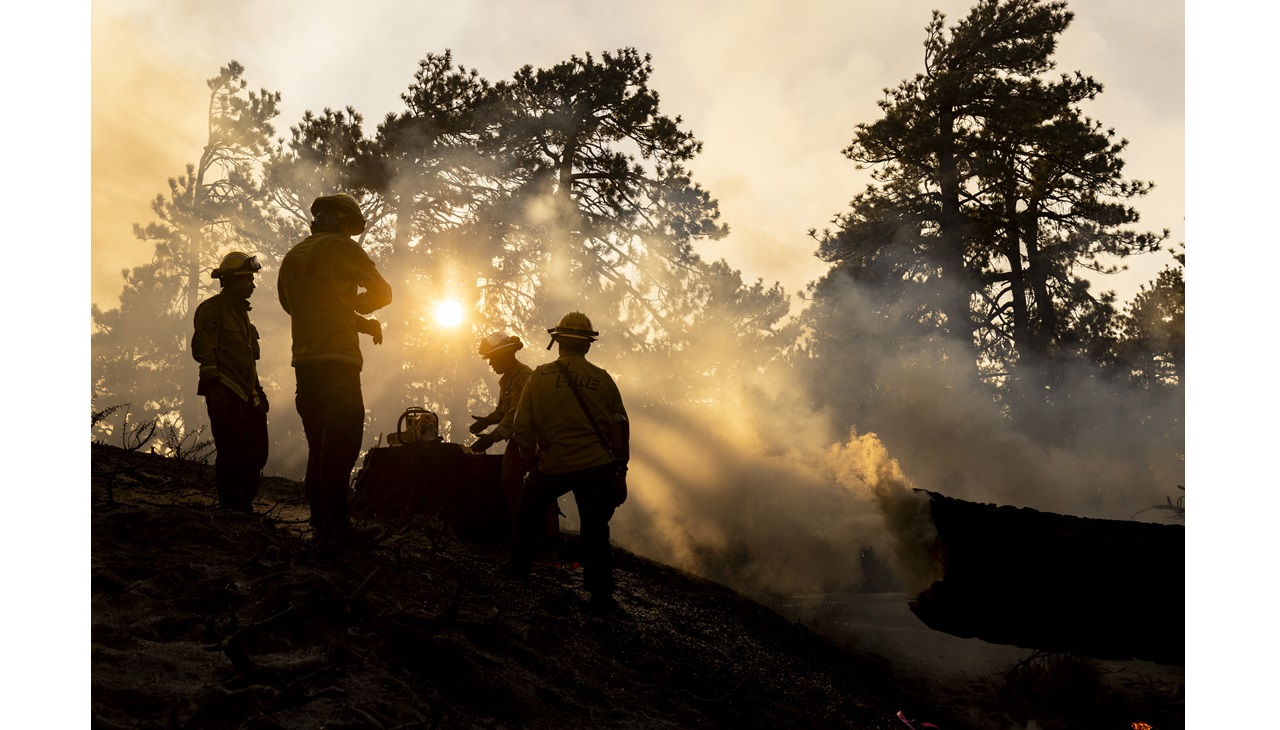

LEAVE A COMMENT:
Join the discussion! Leave a comment.